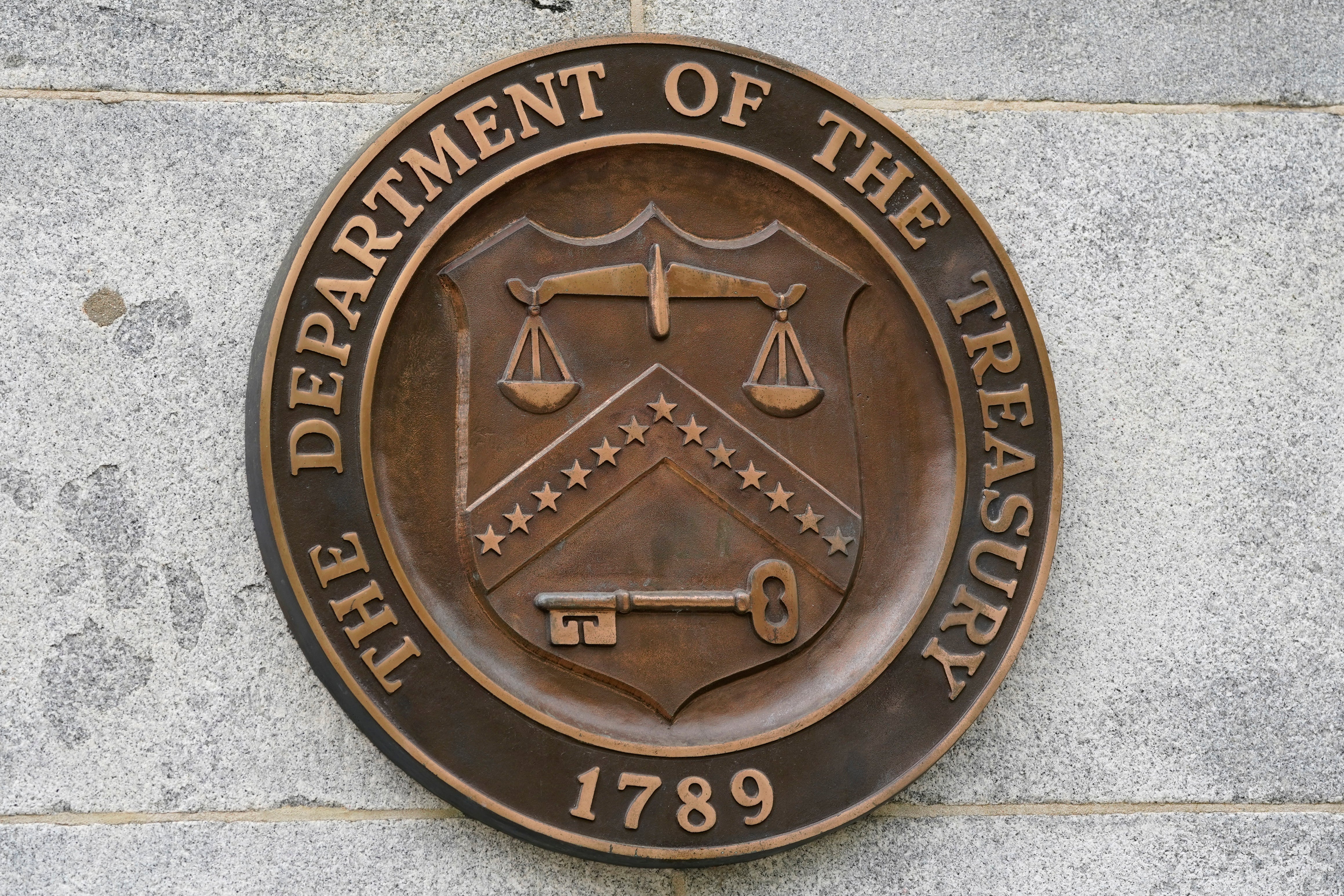An instance that shows economic pressure can work
The agreement between Dan Gertler and the Democratic Republic of the Congo is worthy of note, argues Chris Blackhurst


They have become the weapon of choice for politicians. Unable to tackle a person or a country head-on, they resort to sanctions.
I would not be alone in doubting their worth, regarding them as too easily deployed and generally ineffective. In many cases, the target will find a way of shielding their assets and they can carry on as normal.
If they’re designed to achieve a policy switch that rarely succeeds either. So far, the UK has sanctioned more than 1,000 Russians since Vladimir Putin gave the order to invade Ukraine in February – another 22 were added to the banned list this week – with no discernible impact on Russia’s stance.
That’s the wide perception, that sanctions don’t work. Perhaps that view ought to be revised.
This week, too, a remarkable statement and accompanying text of an agreement were released showing sanctions may have merit.
These were in relation to the Israeli billionaire Dan Gertler and his dealings in the Democratic Republic of the Congo. In December 2017, the US Treasury barred Gertler for alleged corruption, under the Magnitsky Act. This was the law signed by President Barack Obama in 2012 aimed at hitting officials committing human rights abuses and prompted by the death in custody in Moscow of Russian tax lawyer Sergei Magnitsky. The statute was subsequently extended so the US government, in the shape of the Treasury Department, can sanction “human rights abusers, kleptocrats and corrupt actors”.
For years, Gertler had been accused, by politicians, campaigners and NGOs in Africa, of paying bribes in order to secure exclusive access to the DRC’s hugely valuable mining and oil assets. In effect, he was accused of “stealing” the country’s natural resources.
The US administration decided to act and placed him and 30 of his companies on the sanctions register. President Donald Trump lifted the embargo shortly before he left office, only for Joe Biden to reimpose it when he entered the White House.
Now though comes the news that Gertler has handed over to the DRC, mining and oil interests worth more than $2bn. That’s an enormous sum in anyone’s money. Gertler will receive more than $250m as part of the agreement. That’s an enormous sum in anyone’s money. More than that, it marks his entire withdrawal from the country. Said a Gertler spokesperson, “he and the group faced significant pressure and they were unable to conduct any meaningful new business in the DRC and globally”. They went on: “Mr Gertler has agreed to the full terms and conditions set by the government of Congo.”
At a press conference in Kinshasa, the DRC set out the terms of the settlement between the government and Gertler’s Ventora Group. It included the surrender of oil permits and three mines. The Gertler spokesperson said he reached the agreement “with a heavy heart and at significant financial cost”.
Gertler first invested in DRC in 1998, aged 25 and he’s been there ever since. Says his spokesperson: “During the following years, the Gertler Group bore all the financial risk and worked incessantly to bring billions of dollars in investment to explore and develop some of the DRC’s most significant mining projects but is now surrendering the fruits of its success.”
It’s clear Gertler felt he had no choice, that the US move left Gertler, who lives in Israel, effectively commercially paralysed – unable to conduct any significant business anywhere in the world, let alone with the DRC. Unlike others, perhaps, he was not prepared to duck and dive, to attempt various ruses to dodge the US ban.
If there was any evidence required of the reach of the US and the importance of being able to access the mighty dollar, its banks and international networks, Gertler walking away from $2bn-plus is it.
Of course, cynics might say he must have plenty left. I’ve no idea, but that’s the sort of figure that would hurt anyone and the DRC is the bedrock of his empire. They’ve both gone. He agreed to the transfer, too, without it being conditional on the US sanctions being lifted. He wasn’t negotiating with the US; Washington played no part in the deal. Clearly, however, he does hope they will be relaxed. Indeed, the DRC says it will help him try and get the ban dropped. It will “accompany his efforts in a process aiming to remove the US sanctions, including through making contact with relevant political and administrative actors in the US”.
It’s difficult to make a case for Gertler to continue to be blacklisted. That’s obviously a matter for Biden and his officials, but if sanctions are going to operate successfully and achieve the desired aim of forcing a change in behaviour, then once that occurs, and provided the US government is satisfied it’s permanent, they should be rescinded.
I can only find one example where sanctions against individuals under the Magnitsky legislation have been revoked. That concerned two Turkish ministers who were put on the list in response to Turkey’s imprisonment of a US pastor. After he was released, they were taken off the list.
That probably says much about the weakness of sanctions, that there is just one case. Everyone else who is hit by them seems to stay on the list. But $2bn-plus says they may not be so blunt after all.
Join our commenting forum
Join thought-provoking conversations, follow other Independent readers and see their replies
Comments
Bookmark popover
Removed from bookmarks